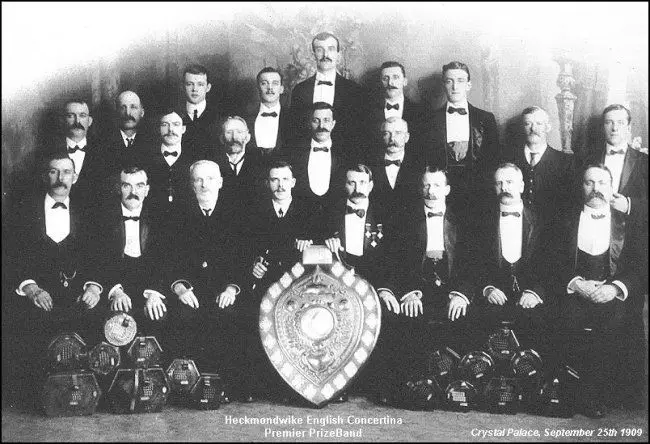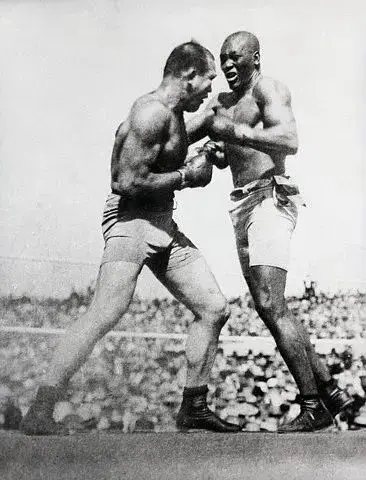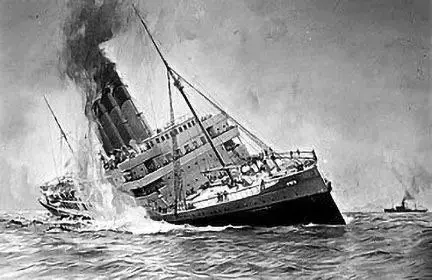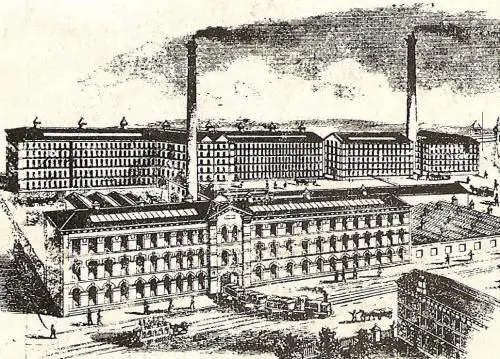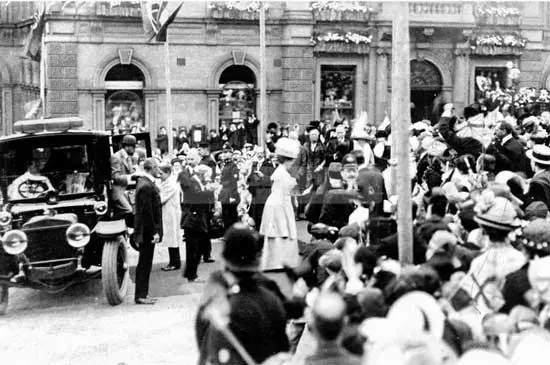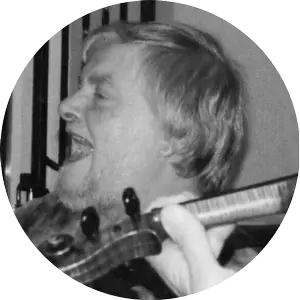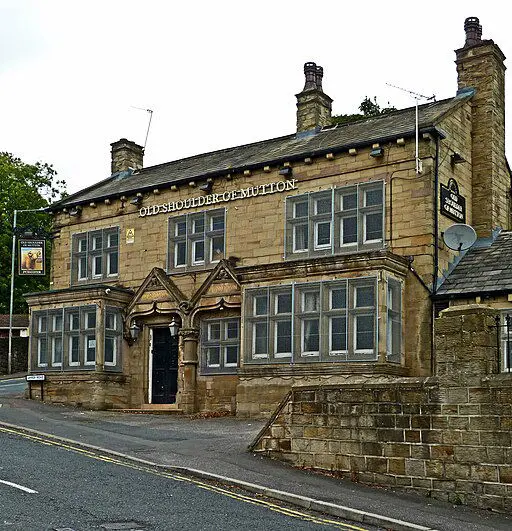
Old Shoulder of Mutton.
Upper Road, Batley Carr
Saturday Night at the Shoulder
As my search for local songs continued in the early 70s, someone at the Vic Sunday night session informed me there was sing-a-long, complete with a pub pianist, at the Old Shoulder of Mutton, Batley Carr on a Saturday night. I stored the knowledge in my memory banks, and vowed to pay a visit there at the first available opportunity.
The Old Shoulder of Mutton was in a prominent corner position at the junction of Halifax Road, and Upper Road, Batley Carr.
It was a large, imposing, double-fronted stone built pub serving Tetley’s Ale. No one seemed to know anything about the history of the pub, and all my research could turn up was a transcript of the entry of 'professions and trades' for Batley in Baines's Directory and Gazetteer
Directory of 1822, in the register of ‘Miscellany of trades’ was listed "Lister Thomas, Victualler and Butcher, Shoulder of Mutton, Batley Carr". ‘Anyone fancy a pint and a pound of pork sausages?!’
